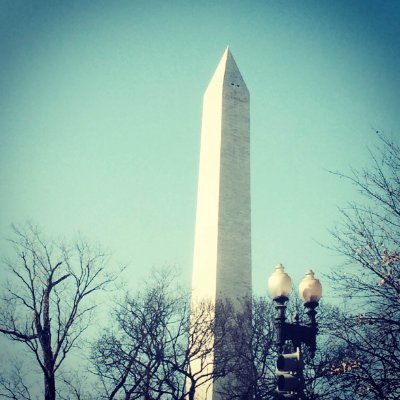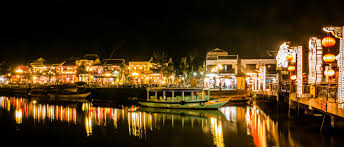|
Washington, DC may be known as the center of the U.S. Government’s operations, but something else makes the city tick. When I lived in Virginia, I spent every other weekend visiting friends, attending events, and meeting with entrepreneurs in the nation’s capital. Although few of my friends and contacts work for the government, they all choose to live in the high-priced, politically-charged metropolis. Why? Cultural Capital. Any respectable data geek knows that you should only concern yourself with problems and solutions that can be quantified. For the sake of quantifiability, most cities and countries measure their success by economic metrics, such as GDP. Economic indicators tell some of the story, but they also miss a significant part of the picture. Cities attract, as well as retain, residents and tourists by providing cultural capital, rather than solely robust economies. Defined by Pierre Bourdieu in 1985, cultural capital consists of a person’s social assets, which promote social mobility in a stratified society. These social assets include education, intellect, style, etc. Similar to people, cities and countries can raise their social status through the accumulation of cultural capital. This complex process involves harnessing the mystic powers of creativity and feedback loops. Luckily, the Startup Commons team has broken down the cultural capital into a simple equation for data-driven policy designers: Innovation (Education + Entrepreneurship + Art) = Cultural Capital Creative people, who produce innovations, are drawn to specific regions for educational experiences, business opportunities, and artistic exposure. They are also drawn to other creative people. Cities and countries build cultural capital by infusing innovation into their education, entrepreneurship, and art sectors. As cultural capital increases, more creatives will move to the region, spurring higher levels of innovation and cultural capital.
Sounds simple, right? Not exactly. In order to attract creative people, policy makers must quantify and understand what is happening in their innovation ecosystems to craft communities that appeal to creative people. Fortunately, Startup Commons has constructed a suite of tools to help policy makers and community organizers connect, visualize, and benchmark their startup ecosystems. In addition to driving economic growth and job creation, Startup Commons’ digital solutions can help you understand and build cultural capital. Do you envision your community as a creative hub? Let Startup Commons help you create cultural capital. |
Supporting startup ecosystem development, from entrepreneurship education, to consulting to digital infrastructure for connecting, measuring and international benchmarking.
Subscribe for updates
Startup ecosystem development updates with news, tips and case studies from cities around the world. Join Us?Are you interested to join our global venture to help develop startup ecosystems around the world?
Learn more... Archives
December 2023
Categories
All
|
- Startup Commons
- Business Creators
-
Support Providers
- About Support Providers
- Learn About Startup Ecosystem
- Startup Development Phases
- Providing Support Functions
- Innovation Entrepreneurship Education
- Innovation Entrepreneurship Curriculum
- Growth Academy eLearning Platform
- Certified Trainers
- Become Growth Academy Provider In Your Ecosystem
- Growth Academy Training On-Site By Startup Commons
-
Ecosystem Development
- About Ecosystem Developers
- What Is Startup Ecosystem
- Ecosystem Development
- Ecosystem Development Academy eLearning Platform
- Subscribe to Support Membership
- Ecosystem Operators
- Development Funding
- For Development Financiers
- Startup Ecosystem Maturity
- Case Studies
- Submit Marketplace App Challenge
- Become Ecosystem Operator
- Digital Transformation
- Contact Us
- Startup Commons
- Business Creators
-
Support Providers
- About Support Providers
- Learn About Startup Ecosystem
- Startup Development Phases
- Providing Support Functions
- Innovation Entrepreneurship Education
- Innovation Entrepreneurship Curriculum
- Growth Academy eLearning Platform
- Certified Trainers
- Become Growth Academy Provider In Your Ecosystem
- Growth Academy Training On-Site By Startup Commons
-
Ecosystem Development
- About Ecosystem Developers
- What Is Startup Ecosystem
- Ecosystem Development
- Ecosystem Development Academy eLearning Platform
- Subscribe to Support Membership
- Ecosystem Operators
- Development Funding
- For Development Financiers
- Startup Ecosystem Maturity
- Case Studies
- Submit Marketplace App Challenge
- Become Ecosystem Operator
- Digital Transformation
- Contact Us




 RSS Feed
RSS Feed

